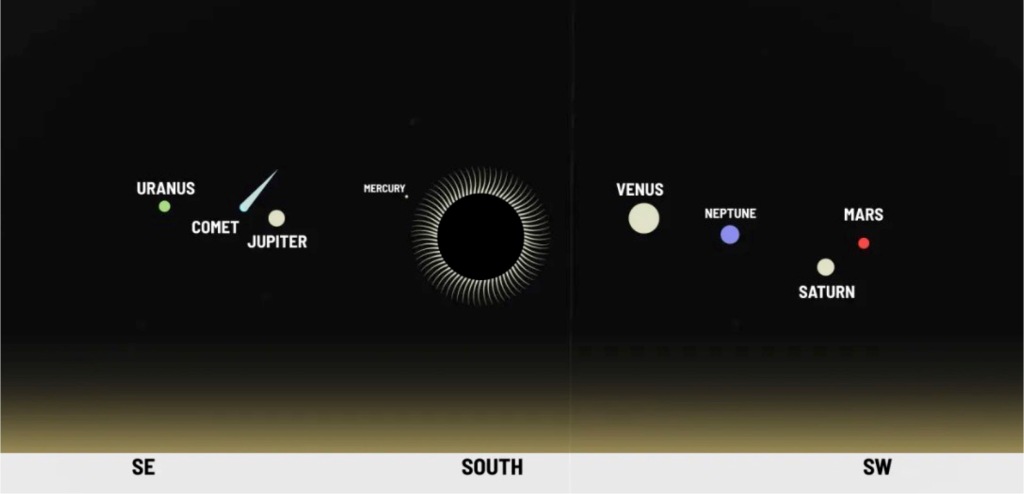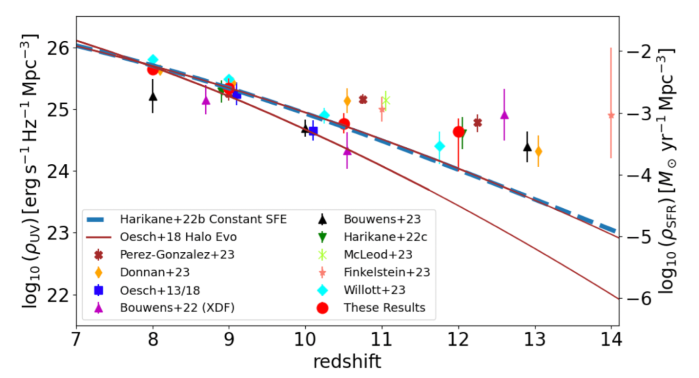
I want to take another step back in perspective from the last post to say a few words about what the radial acceleration relation (RAR) means and what it doesn’t mean. Here it is again: This information was not available when the dark matter paradigm was developed. We observed excess motion, like flat rotation curves, … Continue reading Why’d it have to be MOND?









